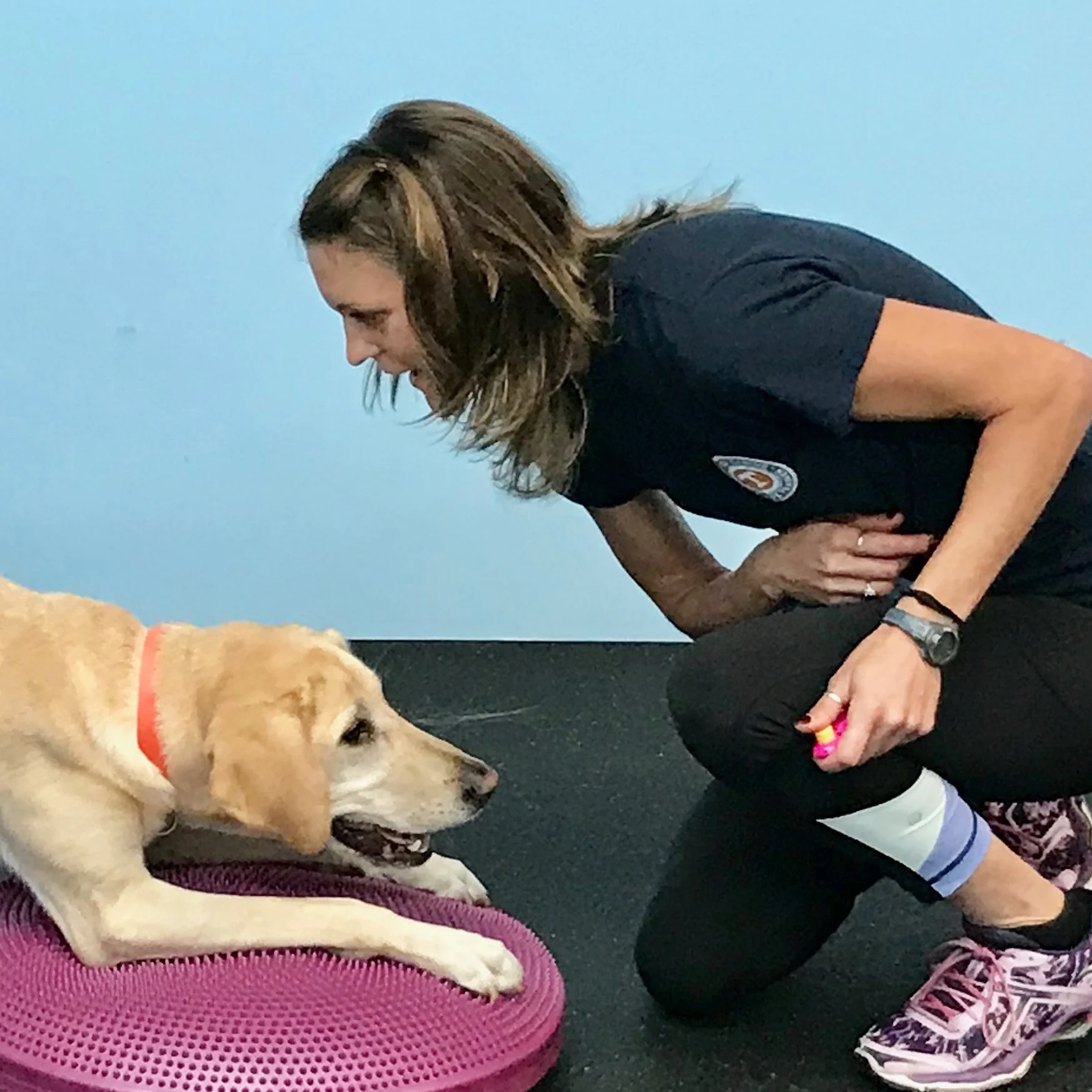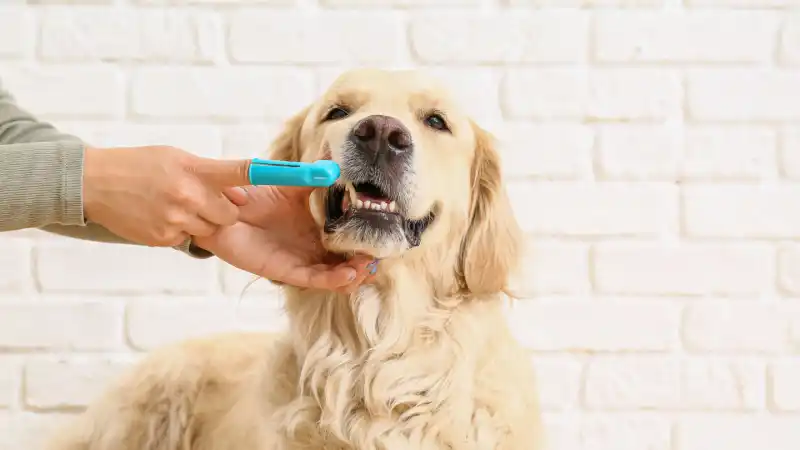Help for the Canine with Motion Sickness
One of the reasons we get dogs is so that we can do fun things together – visit the park, take a hike, go on vacation, or to visit friends and family.

One of the reasons we get dogs is so that we can do fun things together – visit the park, take a hike, go on vacation, or to visit friends and family. Doing fun things together can be limited if you have a dog who experiences motion sickness when riding in your vehicle! Signs of canine motion sickness may include lip licking, drooling, shaking, listlessness, uneasiness, unhappy ear positions, whining, and vomiting. That doesn’t sound like much fun for the dog or the dog’s human (you!).
According to WebMD, younger dogs - and humans - experience more motion sickness than adults do because the ear structures for balance are not yet fully developed. Some dogs may outgrow carsickness without any extra intervention, but you can still take several steps to ensure that your dog has more enjoyable car riding experiences. Read the below tips:
Have your dog slowly interact with the car and make the car a positive place.
Sometimes feed your dog his meal in the car in the driveway or garage, but don’t even turn the car on or go anywhere!
After some successful meals in the car, get your dog in the car and turn on the engine. Give a treat, turn off the engine, and leave the car.
Work up to driving out of the driveway. Then try short trips – even just a block down the street! Have another human (besides the driver) help with the dog during these practice trips. (Do not feed your dog a lot – a whole meal - when the car is actually going to be in motion. See #2!)
Do not feed your dog two hours prior to riding in the car.
Often dogs with empty stomachs do not get as carsick. Withholding food completely, however, can be hard to do if you are using treats and food to reinforce that the car is a positive place to be. (Do not restrict water.)
Roll down the windows two inches.
This balances the air pressure inside the car!
Turn up the air conditioner or turn down the heat.
Ensure the vehicle is cool enough for your dog. Overheating contributes to feeling yucky in the car and some dogs get warm when they start to feel nauseated. Ensure your dog can get lots of air.
Have the dog face forward.
Looking backwards or sideways may make motion sickness worse. Use a dog seatbelt to help the dog face forward or a wired crate; a wired crate provides more air for your dog and allows the dog to see forward.
Go fun places with your dog.
Motion sickness could be triggered by the stress of knowing that the only car rides are to get vaccines at the vet (or to do something that the dog perceives as unpleasant). Make sure you take some car rides to places that your dog enjoys.
Talk to your veterinarian about medication.
Some humans need medicine to comfortably travel - some dogs do, too! Consult your veterinarian for over the counter (OTC) and prescription medicines that may help your dog’s motion sickness. Be sure to get the brand and the dose for any OTC medicines.
The time investment of training your pooch to tolerate and enjoy the car is worth it – you have a lifetime of fun ahead of you and that fun includes car trips and travel!
The information provided in this blog is intended for educational purposes only and should not serve as a substitute for the professional medical advice of your veterinarian. Always consult your veterinarian with questions about your pet’s health and before initiating any treatment regimes.

Jasey Day holds the Certified Canine Fitness Trainer (CCFT) credential through the University of Tennessee. She is a member of the Bobbie Lyons K9FITteam - a team of compassionate canine fitness instructors who actively teach others and continually expand their own knowledge. Since 2004, Jasey has taught a variety of workshops and classes on the following: Puppy, Canine Good Citizen/Family Pet, Advanced Family Pet, Canine Fitness, Canine Swimming, Rally, and Agility. In addition, Jasey has earned over 60 titles in Dock Diving, Agility, Rally, CGC and Trick Dog. Jasey has worked full time for the American Kennel Club since 2007 and teaches at Care First Animal Hospital in Raleigh, NC. Jasey’s Labrador Retrievers spend their free time hiking, training, and snuggling with Jasey.
READ MORE ARTICLES

